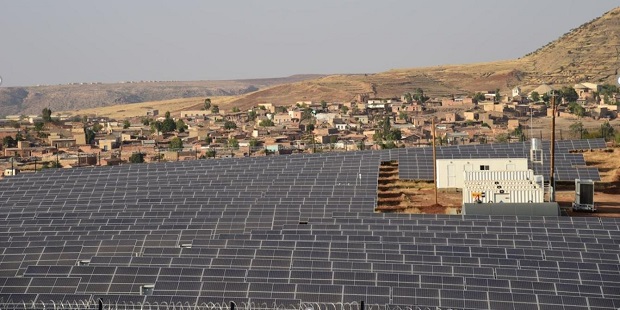The abrupt announcement that Zoe Yujnovich, Shell’s Integrated Gas & Upstream Director, directly responsiblefor its LNG and Upstream divisions is…
The post Fasten your seatbelts we’re headed for stormy weather! first appeared on Africa’s premier report on the oil, gas and energy landscape.
Lagos, Nigeria – March 17, 2025 – Shell is navigating a complex landscape in the global Liquefied Natural Gas (LNG) market and facing challenges in its upstream exploration projects, according to a recent report from Africa Oil + Gas Report. The article highlights an impending oversupply of LNG and difficulties in Shell’s exploration efforts, particularly in Namibia.
Key Points:
- LNG Oversupply: The global LNG market is heading towards an oversupply due to lackluster demand growth and increased export capacity. Major importers like Japan, South Korea, and Europe are reducing their LNG imports. China also has the potential to limit imports.
- Renewable Energy Competition: Renewable energy sources are becoming increasingly cost-competitive, posing a challenge to imported LNG.
- Shell’s Upstream Dilemma: Shell has faced setbacks in its exploration projects, particularly in Namibia, where it wrote off $400 million. Competitors like TOTAL Energies and Galp Energia have seen more success in the region. However, Shell is planning to drill in South Africa.
- Financial Performance: The article compares Shell’s financial performance to ExxonMobil and Chevron, noting that Shell needs to improve its market capitalization.
- Strategic Questions: The report questions the sustainability of Shell’s strategy in a low-price environment with excess LNG, suggesting that its focus on LNG and Upstream portfolios may not be sufficient for long-term success.
Implications for Shell:
Shell faces significant headwinds in both its LNG and upstream operations. The impending LNG oversupply and the rise of cheaper renewable energy sources create a challenging market environment. The setbacks in exploration projects, particularly in Namibia, raise concerns about Shell’s ability to replenish its reserves. The company may need to reassess its strategy to ensure long-term success in a rapidly evolving energy landscape.





